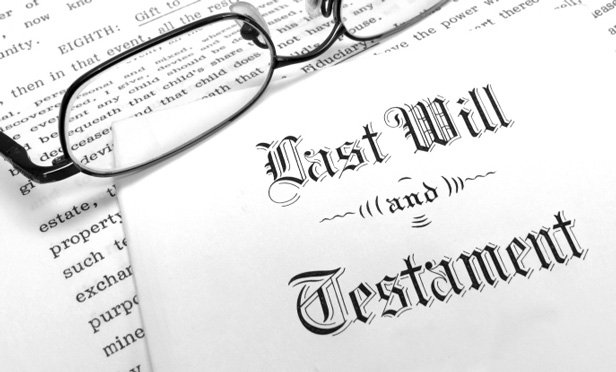- Revocable trusts are designed to allow changes.
One basic purpose of a revocable trust is to help you manage and protect your assets if you become unable to do so, whether that’s because of illness, aging or some other reason. You can change the provisions, amend them, or even revoke them as your life and your situation change prior to the point that you have to relinquish control due to incapacity.

- Because of that, revocable trusts cannot help you avoid estate tax.
Since you retain the power to revoke or amend them, and thus maintain power over the assets in them, those assets remain included in your estate for tax purposes. As far as the government is concerned, any assets held within a revocable trust are no different from assets held in your name. If you’re considering a trust because you’re concerned about bumping up against the estate tax limits, you’ll need to look at an irrevocable trust, where the assets are moved out of your control – and out of your estate.

- But they can help you avoid probate.
Probate is a long and costly process that occurs upon your death, where your will is formally recognized and an executor is appointed to administer the estate and distribute the assets. Assets held in a revocable trust bypass the probate process and pass straight to your heirs. For most people who have one, this is probably the key benefit to creating a revocable trust as opposed to just having a will.

- You can name yourself as the trustee of your revocable trust.
One of the key benefits of a revocable trust is the control it offers you over your assets. In more complicated kinds of trusts, the trustee – the person responsible for overseeing the assets in a trust – is usually a bank or an attorney, but most people choose to be their own trustee. If planning for your incapacity (or death) is the aim of the trust, you can name the person you eventually want to take control of your assets as the successor trustee.

- Your trust can keep your assets private.
A will that enters the probate process becomes part of the public record. Anyone who is interested in what assets you held and who they’re intended for can readily find those things out. A revocable trust, on the other hand, is a private document, even after you’ve passed on. Keep in mind that if privacy is your key concern, you may not want to serve as your own trustee. If your revocable trust purchases, say, a residence, the trust becomes the legal owner of the property. If another person has been named as your trustee, your name will not have any association with that asset, which would prevent the public from finding out that you owned it.

- A revocable trust does not provide asset protection.
Assets in a revocable trust are not beyond the reach of creditors. Even though they’re not held in your name, for legal purposes, assets in the trust are treated as if they belong to you. If a creditor pursues legal action against you, or you’re sued, the assets in your revocable trust are at risk. If asset protection is what you’re looking for in a trust, consider putting them into an irrevocable trust, or look into creating a limited liability company or a family limited partnership.

- If you become incapacitated, your revocable trust can manage your assets.
You can not only change not only what assets your revocable trust holds, but who your successor trustee is at any time. If you become incapacitated and all you have is a will, a court may end up appointing a conservator for you, and the court could also end up supervising the control of your assets through a conservatorship proceeding. Your trust, by contrast, can specify exactly how you want incapacity to be defined. You can say that incapacity should be the decision of a medical professional, or you can ask to have a court make such a decision.

- A recoverable trust can very helpful if you own more than one home.
If you have real estate holdings in more than one state, after you’ve passed, they could be subject to a separate probate process for each state involved. Moving those homes into a revocable trust avoids that. One caveat: Virtually all mortgages now include a “due upon a sale” clause, which means the lender can demand the outstanding balance of the mortgage if the property changes hands. So if there’s an outstanding mortgage on any property you’re transferring to the trust, check with the lender to see if there are any actions you need to take first.

- A trust does require some administrative work.
Up front, you will need to consult with your attorney to create your revocable trust, but the work doesn’t stop there. Once your trust is in place, any assets with title documents, such as real estate, that you’re putting into the trust will need to be retitled so that the owner of the property is the trust. In addition, the revocable trust documents will need to delineate the trustee’s duties, which may evolve over time.

- Even if you have a revocable trust, you should still have a will.
One important reason you should also maintain a will is that a living trust covers only the property you have transferred, in writing, to the trust. There will likely be many items that remain in your name, whether that’s smaller personal items or larger valuable assets. And of course, you’re likely to continue acquiring property for the rest of your life, and these items will also need to be accounted for. A will also covers more personal decisions, such as naming a guardian for your minor children, which a trust won’t cover.

Source:https://www.thinkadvisor.com/2020/12/03/10-facts-to-know-about-revocable-trusts/